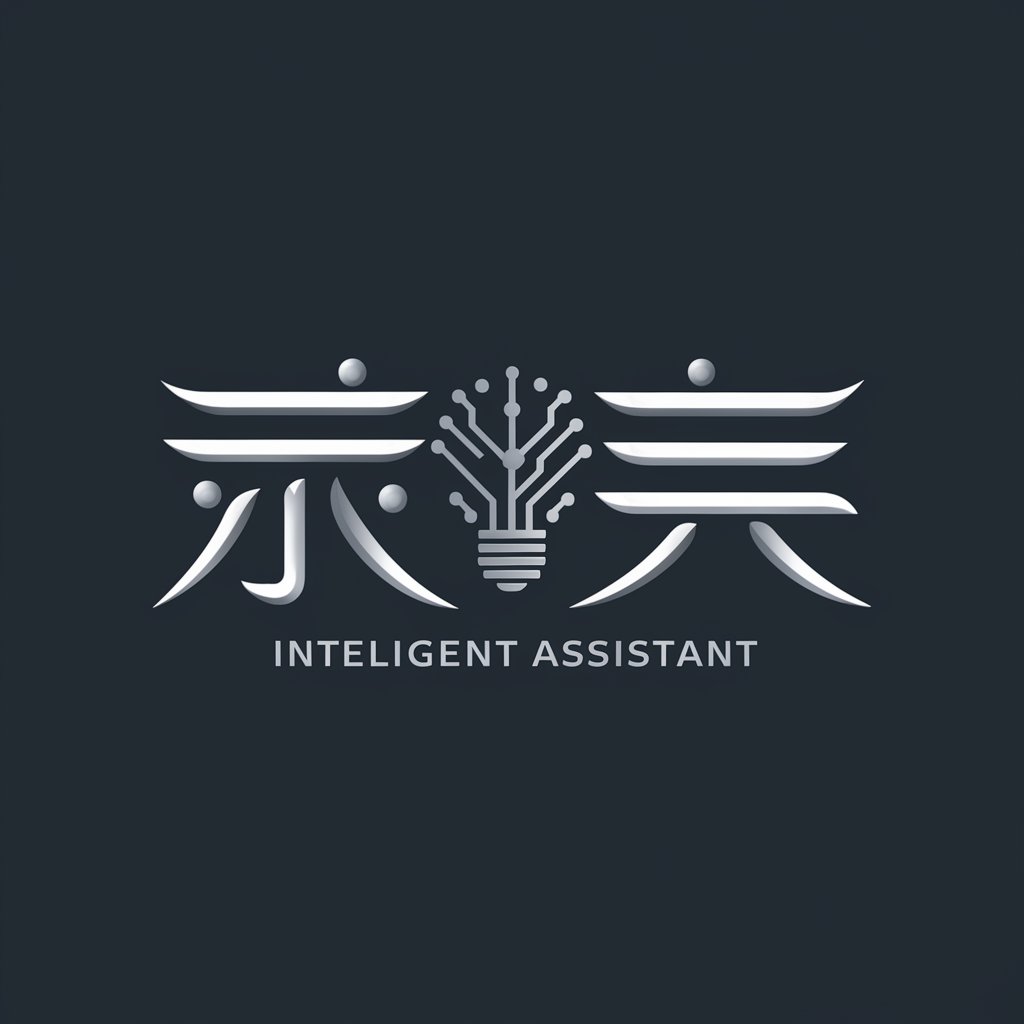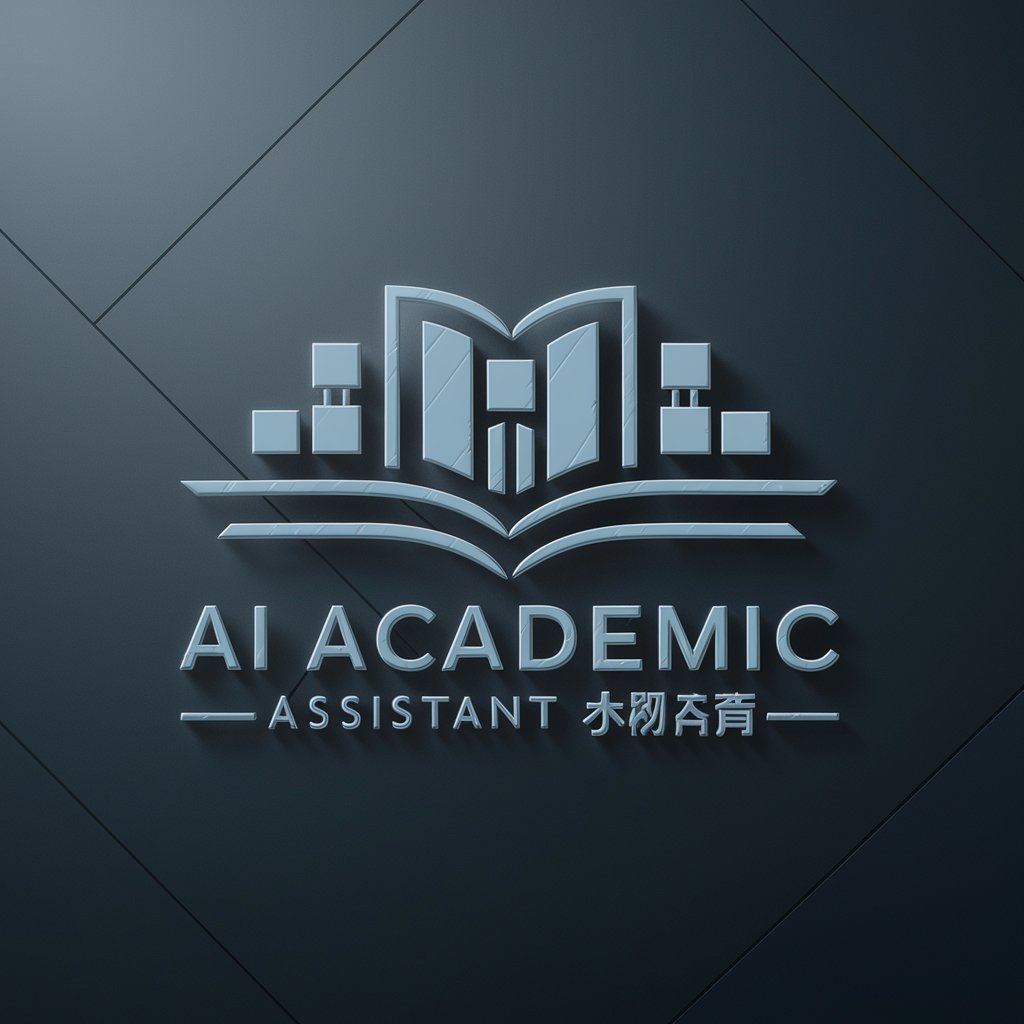
智能科研助理 - AI-Powered Research Tool

Hello, how can I assist you with your research today?
Empowering Research with AI Insight
What are the latest research findings on...
How effective is the treatment for...
Can you summarize the key points of the paper on...
What are the most effective methods to...
Get Embed Code
Introduction to 智能科研助理
The 智能科研助理, or 'Intelligent Research Assistant', is designed to support researchers and academics in their scholarly pursuits. This tool leverages advanced AI capabilities to automate and enhance various tasks related to academic research. It primarily focuses on searching scientific literature, summarizing research findings, and drafting documents based on user queries. An example of its application includes assisting a researcher in synthesizing the latest studies on a specific medical treatment by quickly retrieving relevant research papers and summarizing their findings, which aids in the creation of comprehensive literature reviews or the development of new research proposals. Powered by ChatGPT-4o。

Main Functions of 智能科研助理
Literature Search and Synthesis
Example
When a user needs to understand the current landscape of neural network techniques for natural language processing, 智能科研助理 can rapidly locate and compile the most recent and relevant papers, extracting key data points and trends.
Scenario
This function is particularly useful during the early stages of a research project or when preparing for grant applications to ensure the research proposal addresses the most cutting-edge aspects of the topic.
Drafting Academic Content
Example
For a user aiming to publish a review article on climate change impacts on coastal ecosystems, the assistant can help draft sections of the manuscript by providing structured summaries of selected articles, formatted according to academic standards.
Scenario
This aids researchers who may lack the time to write detailed manuscript drafts but need structured, well-sourced content that can be further refined and personalized.
Data Analysis Guidance
Example
If a user is working on a complex dataset regarding global economic trends and requires assistance in choosing the right statistical tools, 智能科研助理 can offer suggestions based on the latest research methodologies discussed in recent publications.
Scenario
This is beneficial for researchers in fields like economics or social sciences, where advanced statistical techniques are crucial but constantly evolving, making it challenging to stay current with the best analysis practices.
Ideal Users of 智能科研助理 Services
Academic Researchers
Individuals engaged in scholarly research who require up-to-date information and assistance in managing vast amounts of academic literature would find this tool invaluable. It helps them stay abreast of recent developments in their field, thus enhancing their research quality and productivity.
University Students
Students, particularly those at the graduate level, who need to conduct thorough literature reviews or require support in academic writing and data analysis can greatly benefit from the tailored support 智能科研助理 provides, facilitating their educational and research tasks.
R&D Professionals
Professionals in research and development sectors across industries who need to integrate the latest scientific discoveries to innovate and improve their products or processes. The assistant's ability to provide quick, comprehensive, and up-to-date research insights is crucial for maintaining competitive advantage.

Using the AI Research Assistant
1
Visit yeschat.ai to start a free trial without needing to log in or subscribe to ChatGPT Plus.
2
Choose your specific research topic or question you need assistance with from the tool's homepage.
3
Input your query into the search box to fetch relevant academic papers and data from a wide range of sources.
4
Review the synthesized insights and references provided by the AI, utilizing the data to support your academic or research tasks.
5
Use the tool’s additional features such as saving your searches, exporting data, and setting up alerts for new information on similar topics for a more optimized experience.
Try other advanced and practical GPTs
Style Sculptor
Revolutionizing design with AI-powered insights

Critical Thinking Brainstorm
Empower Your Mind with AI

Global Insight Officer
Navigating Complexity with AI-Powered Insights
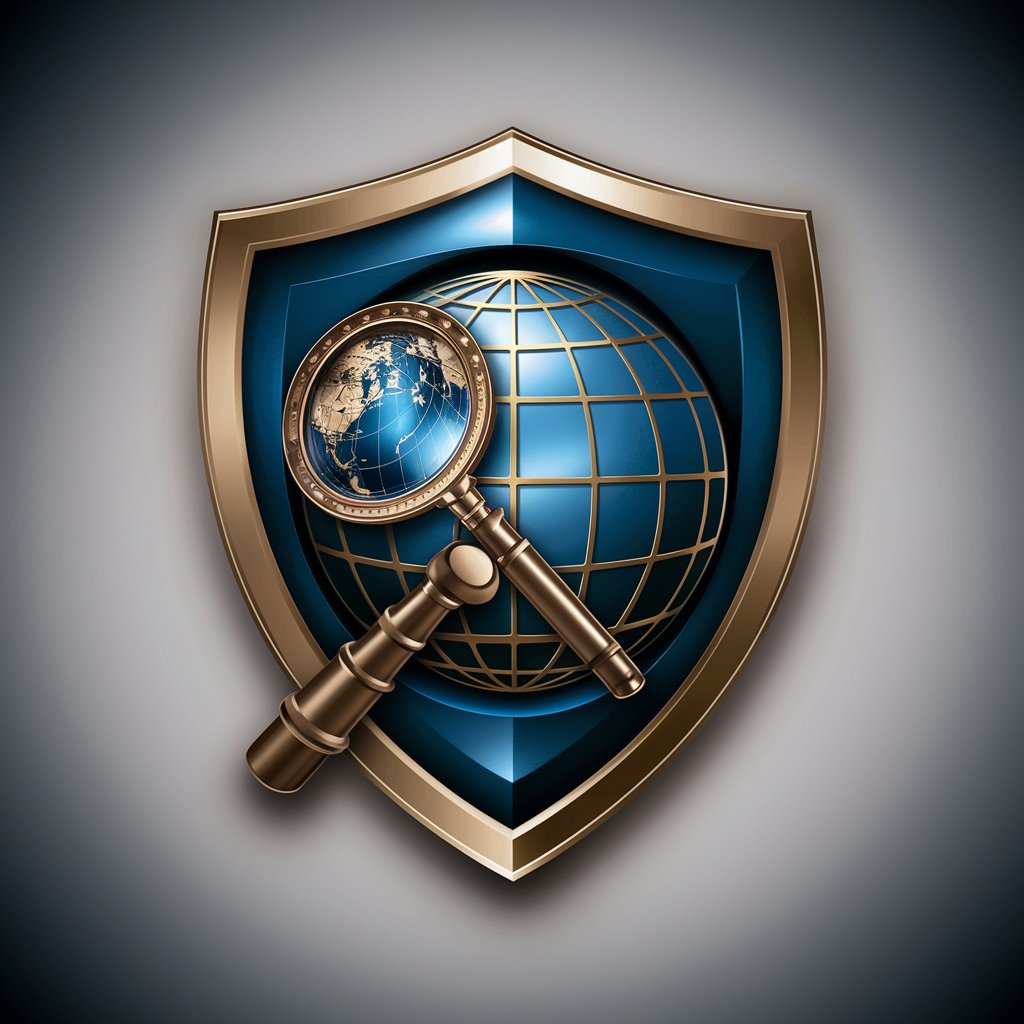
Master Description
Revolutionizing image generation with AI.
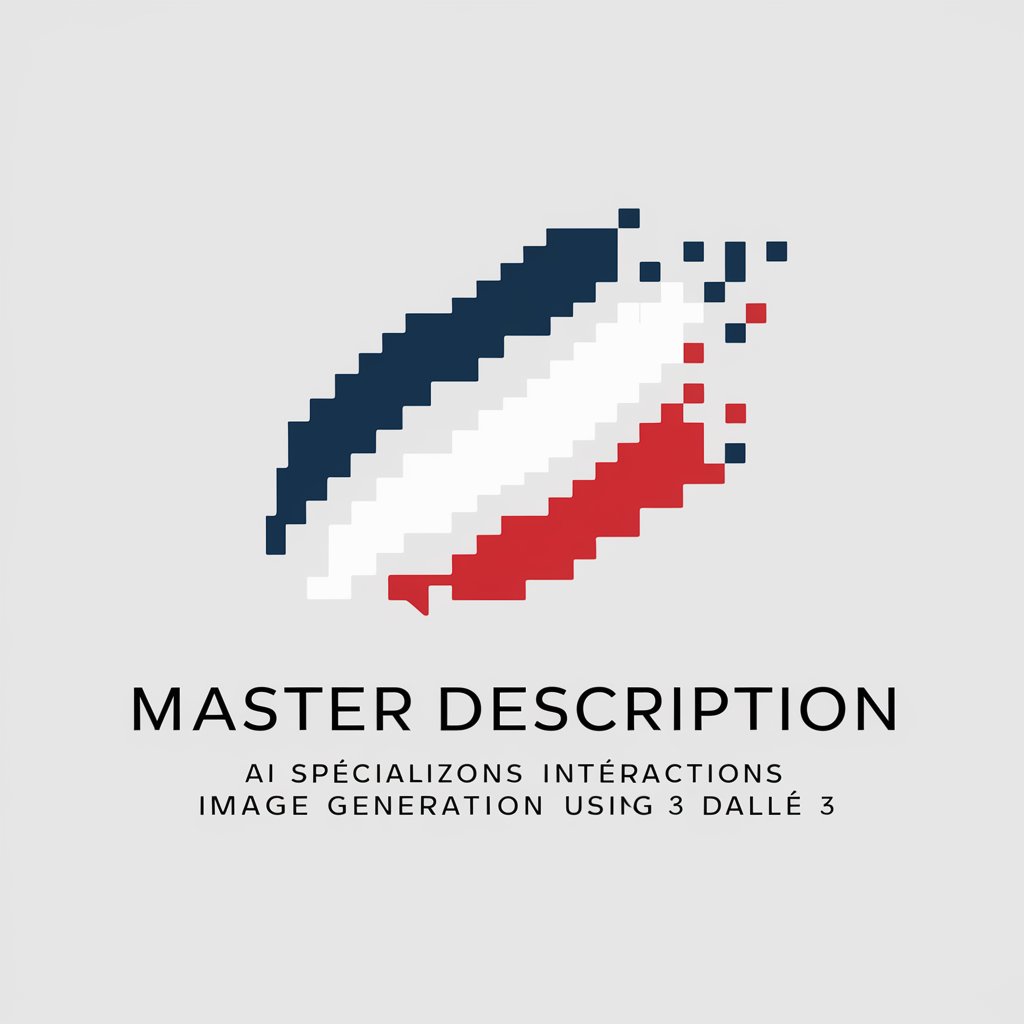
Hair and Makeup Image Creation
Empowering your beauty with AI

The Connotation Dictionary
Master Your Message with AI

1200 to 1000 BC
Explore Ancient Civilizations with AI
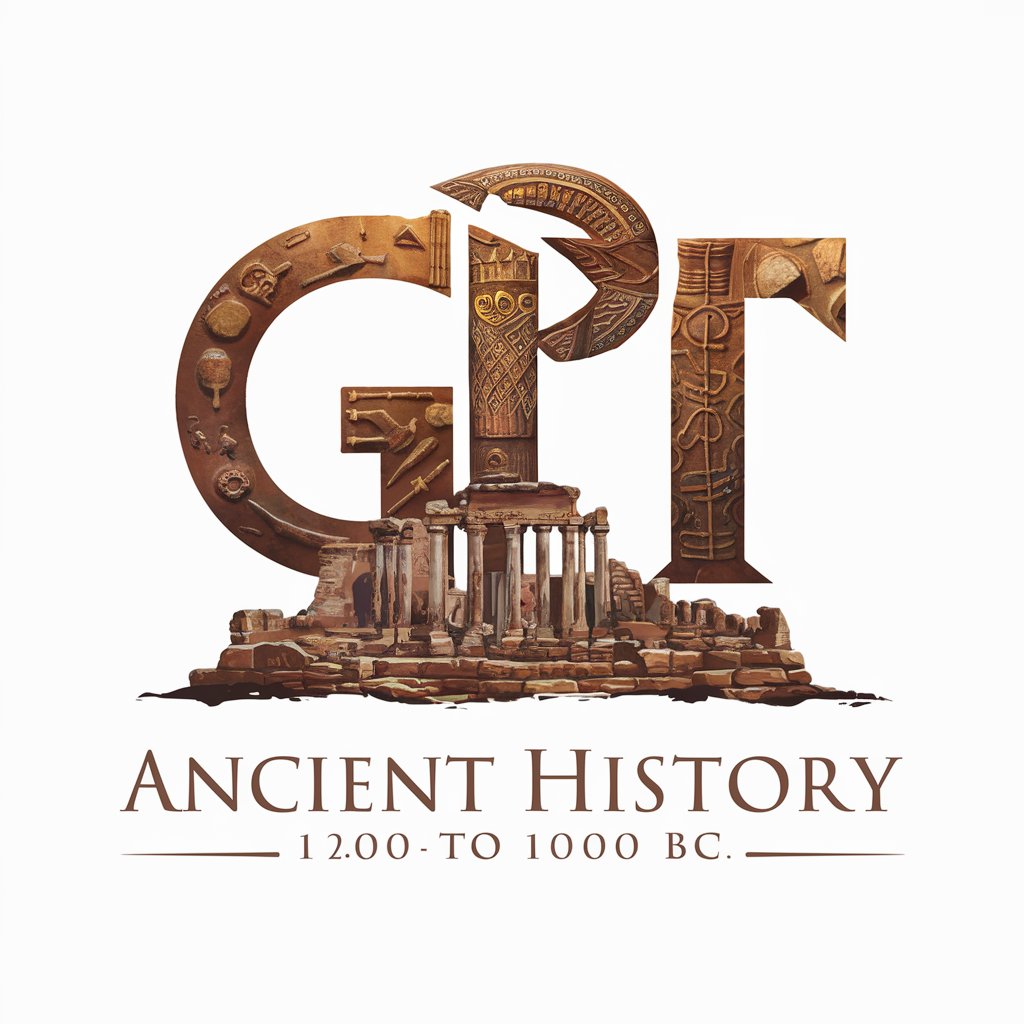
LJY
Empowering Insight with AI

GPT Cashier
Streamlining retail transactions with AI

Insta Caption Generator
Automate Captions with AI Power

Tutor personale di greco
AI-Powered Greek Learning Assistant

Palindrome Media Concierge
Discover Fresh Media Content Smartly

Frequently Asked Questions About the AI Research Assistant
What types of research questions can the AI Research Assistant handle?
The assistant can handle a variety of research topics, ranging from scientific and technical subjects to humanities and social sciences.
How does the AI Research Assistant ensure the relevance of sources?
It uses advanced algorithms to match your query with the most relevant academic papers, filtering by recency, citation count, and journal impact factor.
Can I use the AI Research Assistant for non-academic purposes?
Yes, it's also useful for non-academic research such as market analysis, competitive research, and general information gathering.
Is there any way to customize the output of the AI Research Assistant?
Yes, users can customize the output by selecting specific data points, adjusting the synthesis of insights, and choosing the depth of information.
What are the limitations of the AI Research Assistant?
The main limitation is its dependence on available and accessible digital academic resources, which might not include all published material on a subject.

